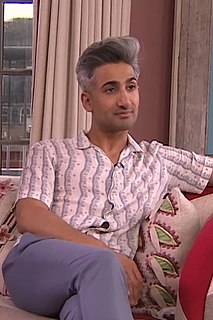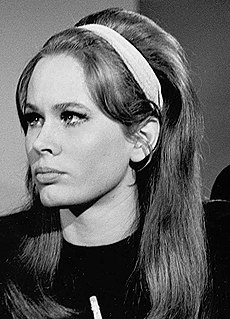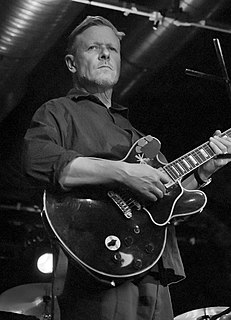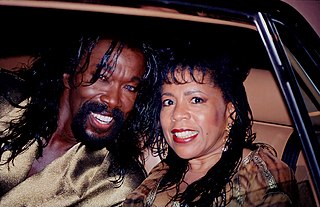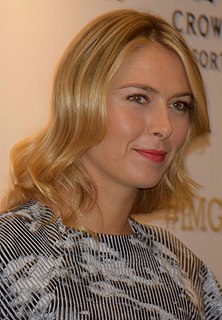A Quote by Pat Conroy
I learned that if I could read, I could cook. I surprised myself I like it.
Related Quotes
Now, my mom did not read well and she read 'True Romance' magazines, but she read with me. And she would spend 30 minutes a day, her finger going along the page, and I learned to read. Eventually, by the time I was four and a half, she could iron and I could sit there and read the 'True Romance.' And that was wonderful.
I never could read Foucault. I find philosophy tedious. All of my knowledge comes from reading novels and some history. I read Being and Nothingness and realized that I remembered absolutely nothing when I finished it. I used to go to the library every day and read every day for eight hours. I’d dropped out of high school and had to teach myself. I read Sartre without any background. I just forced myself and I learned nothing.
I'm not the kind of person who could join AA or have rules for myself or on Thursday take this vitamin pill. So, basically, I learned the hard way. I learned by trial and error, and tried to get drugs out of my work. That took about a year. If I was going to work, it was best that I be straight. And I was surprised at what came out.
Both my grandmothers had upright pianos, and I just knew how to play since I was a child. Nobody taught me. I sounded like a grown-up, and then I learned how to read music. I played so well by ear I could fool the teacher to believe I could play the notes. She'd make the mistake of playing the song once, and I could play it.
But he could not taste, he could not feel. In the teashop among the tables and the chattering waiters the appalling fear came over him- he could not feel. He could reason; he could read, Dante for example, quite easily…he could add up his bill; his brain was perfect; it must be the fault of the world then- that he could not feel.



